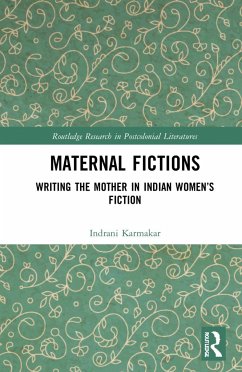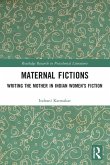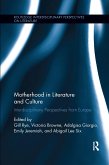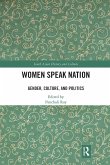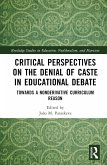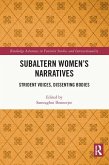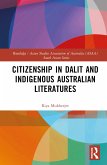This book constitutes a feminist literary analysis of motherhood as presented in selected Indian women's fictions across a diverse range of geographical, linguistic, class and caste contexts.
Situated at the crossroads of motherhood studies and literary studies, this book offers a rigorous examination of the prosody and politics of motherhood in this corpus. In its five thematically focused chapters, the book scrutinises in depth such key concerns as maternal ambivalence; maternal agency and caste; mother-daughter relationships; motherhood and diaspora; and non-biological motherhood. It attempts to understand the literary ramifications of these issues in order to identify the ways in which fiction writers reconceive of the notion of motherhood and maternal identities from and against multiple perspectives. Another pressing concern is whether these Indian women writers' visions furnish readers with any different understandings of motherhood as compared to dominant Western feminist discourses.
Maternal Fictions advances feminist literary criticism in the specific area of Indian women's writing and the overarching areas of motherhood and literature by acting as a launchpad into a complex constellation of ideas concerning motherhood. The fictional universe is at once ambivalent, diverse, contingent, grounded in a specific location, and yet well placed to converse with discourses emanating from other times and places.
Situated at the crossroads of motherhood studies and literary studies, this book offers a rigorous examination of the prosody and politics of motherhood in this corpus. In its five thematically focused chapters, the book scrutinises in depth such key concerns as maternal ambivalence; maternal agency and caste; mother-daughter relationships; motherhood and diaspora; and non-biological motherhood. It attempts to understand the literary ramifications of these issues in order to identify the ways in which fiction writers reconceive of the notion of motherhood and maternal identities from and against multiple perspectives. Another pressing concern is whether these Indian women writers' visions furnish readers with any different understandings of motherhood as compared to dominant Western feminist discourses.
Maternal Fictions advances feminist literary criticism in the specific area of Indian women's writing and the overarching areas of motherhood and literature by acting as a launchpad into a complex constellation of ideas concerning motherhood. The fictional universe is at once ambivalent, diverse, contingent, grounded in a specific location, and yet well placed to converse with discourses emanating from other times and places.

